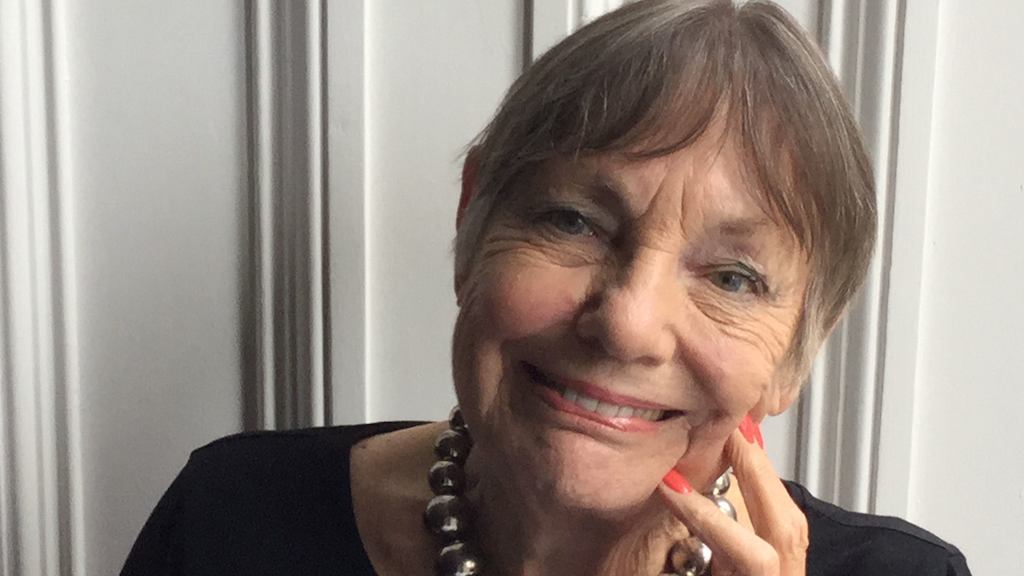The benefits of adapting your home as you get older and begin to lose mobility are clear to the professionals. Yet many of us don’t want to admit we need to start making changes such as installing handrails or level-access showers, even though they could dramatically improve the quality of our lives.
Adaptations can help us live independently in own homes for longer, prevent falls and ultimately having to move into residential care. But the attitude from many older people to home adaptations is “No thanks. I can manage”.
It may be a matter of pride. You know you can’t get easily in and out of the bath anymore but “You don’t want everyone else to know, do you?'" It may even be the aesthetics. “My beautiful new bathroom ruined? Cheap plastic high toilet seat? Plumbers’ piping lining the front steps?” No thanks.

